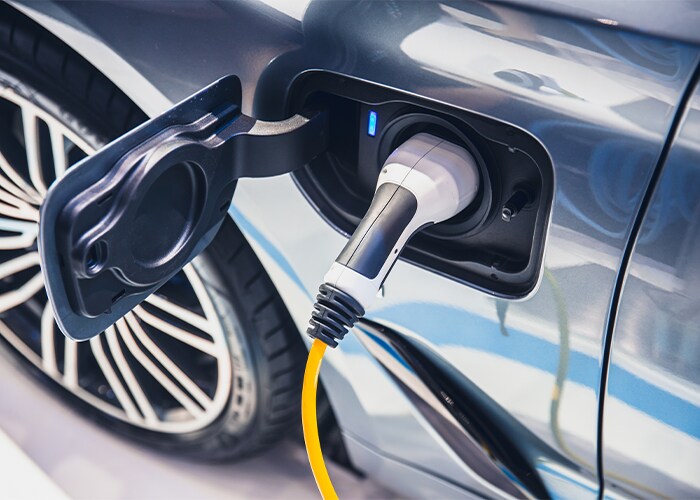EV & Battery Health

What Type of Batteries are Used in EV's?
Most Plug-in or all-electric EVs use lithium-ion batteries, which offer the benefits of high efficiency, high temperature performance, and a long lifespan. Lithium-ion batteries have become commonplace in our modern-day society as most of our personal electronics use this battery type.
What is a Battery Charge Cycle?

Batteries are rated for a specific number of charge cycles before a given percentage of total capacity loss is expected. A charge cycle is equal to a full discharge and recharge of a battery. If you deplete your battery by 25% and recharge four different times, you would then have gone through a single charge cycle.
Does Extreme Heat and Cold Affect Battery Life?

EV batteries are designed to withstand both hot and cold climate conditions. However, prolonged extreme temperatures can have some impact on range and long-term battery health.
How Long Do EV Batteries Last?
EV batteries can last well beyond what a manufacturer covers under a warranty. The US Department of Energy estimates EV batteries can last up to 12-15 years in moderate climate and up to 12 years in extreme climate.


How do I Best Care for and maintain my EV’s Battery?
One of the big advantages of EVs is that they require much less maintenance than a gasoline powered vehicle. However, just like the batteries in our smartphones, you can maximize its lifespan by avoiding fully charging and fully discharging your EV battery when it's not necessary. Keeping a charge level between 20% and 80% is ideal, so it's best to avoid fully charging unless you're about to drive a longer distance and need the maximum range your vehicle's battery offers.